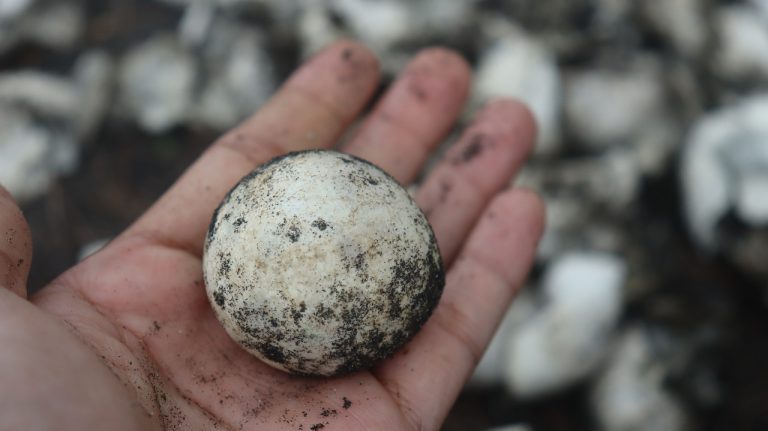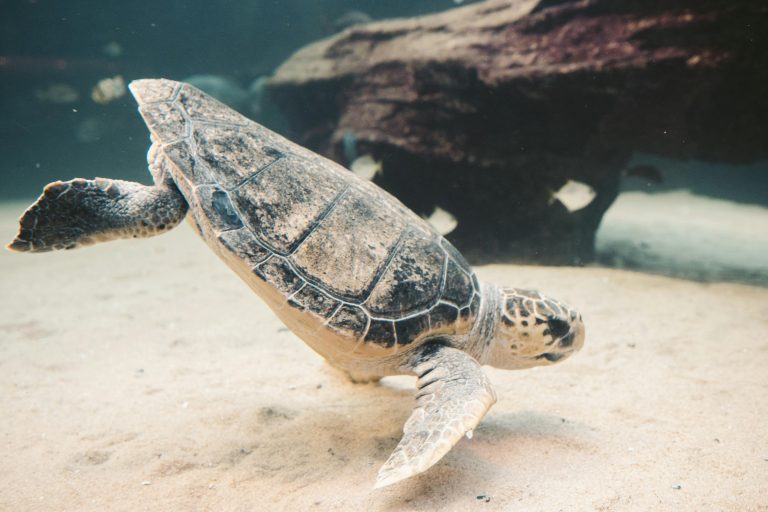15 Turtle Species That Are Perfect For Outdoor Pond
Many folks assume they can simply plop any old turtle into their backyard pond. And sure, there’s a grain of truth to that, considering turtles are untamed critters at heart. But let’s not kid ourselves – not all turtle species are built equal when it comes to outdoor living. Some are tough as nails and stand a better chance out there than others. In this piece, we’re diving deep into those resilient species.
So, which turtles are tailor-made for the great outdoors?
- Red-eared sliders
- Painted turtles
- Map turtles
- Wood turtles
- Snapping turtles
- European pond turtles
- African sideneck turtles
- Cooters, and the list goes on.
Now, the big question looms: Is it wise to house a turtle outside? What perks come with it, and what are the potential pitfalls? Let’s tackle these queries head-on.
Here are the key points to remember:
- Painted turtles, red-eared sliders, mud turtles, musk turtles, and similar species are great choices for beginners looking to house turtles in outdoor ponds.
- Snapping turtles and cooters are among the species that truly flourish in outdoor setups.
- If you have the space and means to ensure security, consider building an outdoor pond for your turtle companions. It can offer them a more natural and enriching environment to thrive in.

15 Best Turtle Species For Ponds
After experimenting with various turtle species in my outdoor space, I observed that while none of the pets perished, it was evident that some didn’t quite thrive. They seemed much happier once I relocated them indoors.
Here are the species that managed well in my backyard pond. However, please remember that your experience might differ:
- Red Eared Slider (Trachemys Scripta Elegans): Known as a beginner’s turtle, these sliders hail from the United States and adapt well to various climates. They thrive both indoors and outdoors, requiring a sizable space of 70 to 120 gallons for adult individuals, along with a mix of land and water areas for their semi-aquatic lifestyle.
- Yellow Bellied Slider (Trachemys Scripta Scripta): These turtles prefer spending more time underwater and basking in the outdoor environment. With a potential size of up to 13 inches, they need a larger water setup of around 130 gallons, along with basking areas and suitable temperature ranges.
- Common Map Turtle (Graptemys Geographica): These turtles, native to the northern Atlantic drainage, are excellent swimmers and thrive in outdoor ponds. They require specific temperature criteria, including a hot basking area and cooler water temperatures.
- Cooter (Pseudemys Concinna): With a habitat range extending across North America, Cooters are particularly suited to outdoor living, especially in regions where the climate matches their natural habitat. Adequate water depth and temperature are key to their well-being.
- African Sideneck Turtle (Pelusios Castaneus): Thriving in warmer climates, African Sideneck Turtles adapt well to outdoor pond setups, provided they have a suitable habitat with clean water and adequate space.
- Painted Turtle (Chrysemys Picta): Outdoor ponds with vegetation, proper filtration, and basking spots make ideal habitats for painted turtles. Their size requires a minimum pond size of 120 gallons, with attention to water depth and temperature ranges.
- Snapping Turtle (Chelydra Serpentina): While challenging to care for, snapping turtles can thrive in outdoor ponds, especially as they grow larger. Maintaining proper temperature and habitat conditions is crucial for their well-being.
- European Pond Terrapin (Emys Orbicularis): These turtles, while native to Europe and Africa, adapt well to outdoor living in suitable climates. They can remain outdoors year-round, reducing the need for indoor accommodations during colder months.
- Eastern Mud Turtle (Kinosternon Subrubrum): Common and easy to maintain, Eastern Mud Turtles thrive in outdoor ponds, particularly in urban environments where space may be limited.
- Spotted Turtle (Clemmys Guttata): Despite their small size, spotted turtles benefit from outdoor pond setups, where they can enjoy natural sunlight and temperature fluctuations.
- Musk Turtle (Sternotherus Odoratus): Sharing similarities with mud turtles, Musk Turtles can thrive in outdoor ponds with careful attention to habitat replication and temperature regulation.
- Bog Turtle (Glyptemys Muhlenbergii): Hardy and adaptable, Bog Turtles can transition well from indoor to outdoor environments, benefiting from natural conditions and vegetation in pond habitats.
- Western Pond Turtle (Actinemys Marmorata): Similar to European Pond Turtles, Western Pond Turtles are well-suited to outdoor pond setups, with manageable space requirements and similar temperature preferences.
- Wood Turtle (Glyptemys Insculpta): With their unique appearance, Wood Turtles add aesthetic value to outdoor ponds. Their medium size makes them suitable for various pond sizes, and they benefit from natural vegetation and shade.
- Box Turtles (Terrapene): While not aquatic, Box Turtles can thrive in outdoor environments with proper fencing and substrate. They benefit from natural sunlight and can coexist peacefully with multiple individuals.
While these species have shown resilience in outdoor pond setups, it’s essential to consider individual needs and environmental factors to ensure their well-being.
Should You Put Your Turtles In An Outdoor Pond?
Deciding whether to move your turtle outdoors is a significant consideration, with both advantages and disadvantages to weigh:
Pros:
- Sunlight Exposure: Outdoor ponds provide direct sunlight, essential for turtles’ health. UV rays aid in boosting their immunity and overall well-being.
- Natural Environment: Being in an outdoor pond mimics the turtles’ natural habitat, fostering a sense of being in the wild, which can positively impact their behavior and overall happiness.
- Ample Space: With a spacious front or back yard, you can create a large outdoor pond, allowing turtles to move freely and potentially introduce more pets to establish a diverse ecosystem.
Cons:
- Security Concerns: Outdoor ponds expose turtles to various threats, including predators. Predator attacks pose a significant risk to the safety of the turtles in such setups.
- Weather Challenges: Unpredictable weather, such as sudden storms, can pose a danger to turtles in outdoor ponds. Additionally, in colder climates, turtles may need to be moved indoors during winter to prevent hibernation-related issues.
- Risk of Escape: Turtles, known for their curious nature, may seek opportunities to escape from outdoor ponds more easily than indoor enclosures, potentially leading to their loss.
- Maintenance Requirements: Compared to indoor tanks, maintaining outdoor ponds demands more time, effort, and energy. Regular cleaning and upkeep are necessary to ensure a healthy environment for the turtles.
Considering both the benefits and drawbacks outlined above is crucial in making an informed decision about whether to transition your turtle to an outdoor setup. Assess your available space, climate conditions, and ability to provide necessary care and security before making a final choice.
Choosing The Right Turtle Species For Cold Climate Ponds
Choosing the right turtle species for your pond’s climate is crucial for ensuring the health and well-being of your turtles, especially in regions with cold winters where temperatures drop below freezing. Here are some turtle species suitable for temperate zones with freezing winter temperatures:
- Mud Turtles: These small and hardy turtles are well-adapted to colder temperatures. They have the ability to burrow into the mud at the bottom of ponds to hibernate during the winter months, making them ideal for ponds in temperate climates.
- Map Turtles: Map turtles are another species capable of adapting to cooler climates. While they require basking areas to sun themselves during warmer months, they can withstand colder winters with proper hibernation spots and care.
- Snapping Turtles: Common snapping turtles are robust creatures known for their adaptability to various climates, including those with freezing winter temperatures. They have the ability to hibernate in the mud at the bottom of ponds during the coldest months, ensuring their survival.
When selecting a turtle species for your pond, it’s essential to consider not only the winter temperatures but also the overall climate throughout the year. Ensure that the pond environment meets the specific needs of the chosen turtle species, including providing adequate basking areas, maintaining suitable water depth, and ensuring availability of food sources. By matching the turtle species to the climate of your pond’s location, you can create a habitat that supports the health and thriving of your turtles year-round.

5 Best Turtles For Koi Ponds
When selecting turtles for a koi pond, it’s essential to choose species that can peacefully coexist with koi and thrive in the pond environment. Here are some suitable turtle species for koi ponds:
- Red-Eared Slider (Trachemys scripta elegans): These widely popular aquatic turtles are highly adaptable and can live alongside koi in ponds. However, be aware that they may consume small fish or plants in the pond. Providing basking areas for regulating body temperature is crucial for their well-being.
- Painted Turtle (Chrysemys picta): Smaller and generally less aggressive than red-eared sliders, painted turtles are a favorable choice for koi ponds. They also require basking spots and can coexist harmoniously with koi.
- Map Turtles (Graptemys spp.): Map turtles primarily feed on insects and crustaceans, posing minimal risk to koi. They thrive in larger ponds with ample swimming space and basking areas.
- Musk Turtles (Sternotherus odoratus): Due to their small size and dietary preferences, musk turtles are less likely to disturb koi. However, they still require appropriate care, including basking areas and clean water conditions.
- Reeve’s Turtle (Mauremys reevesii): This resilient species can adapt well to various environments, including koi ponds. While generally peaceful, they may occasionally nip at koi fins, necessitating careful monitoring.
When introducing turtles to your koi pond, ensure that the pond environment meets the needs of both species, including providing adequate basking areas, clean water, and suitable hiding spots. Regular observation and monitoring can help maintain a harmonious balance between turtles and koi in the pond.
Conclusion
Absolutely, recommending turtles native to one’s living region is an excellent practice for several reasons. Firstly, native turtles are already adapted to the local climate, environmental conditions, and available food sources. This means they are more likely to thrive in both indoor and outdoor habitats without significant adjustments.
Secondly, introducing native turtles to your living region helps support local ecosystems. By keeping native species as pets, you contribute to the preservation of biodiversity and help prevent the spread of invasive species, which can have detrimental effects on local wildlife.
Additionally, native turtles may have specific legal protections or regulations in place to safeguard their populations. By choosing native species, you ensure compliance with any relevant laws or guidelines governing their ownership and care.
Overall, petting turtles native to your living region not only benefits the turtles themselves by promoting their well-being and adaptation but also contributes to the conservation of local ecosystems and adherence to legal considerations.
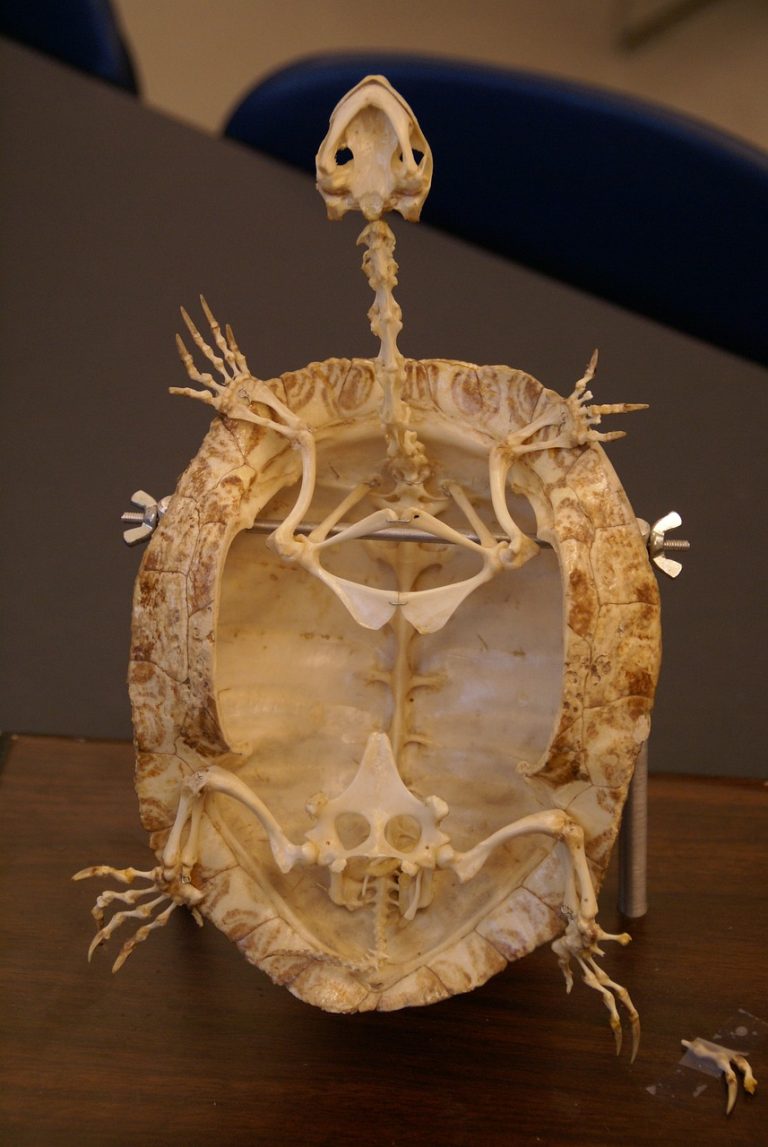
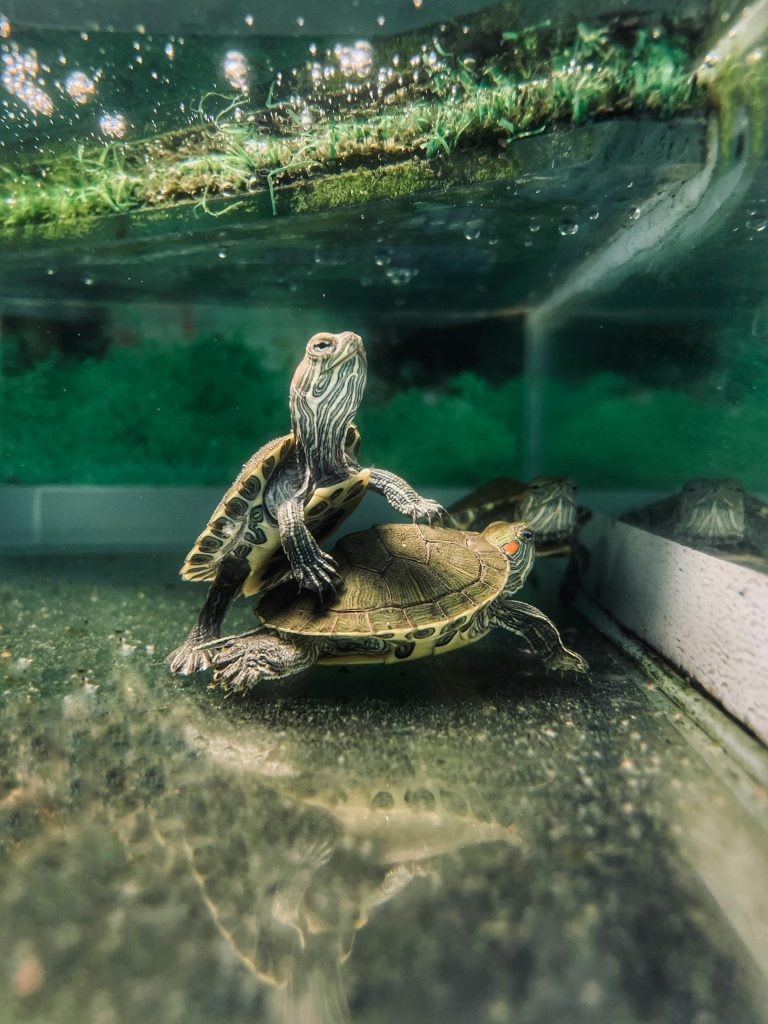
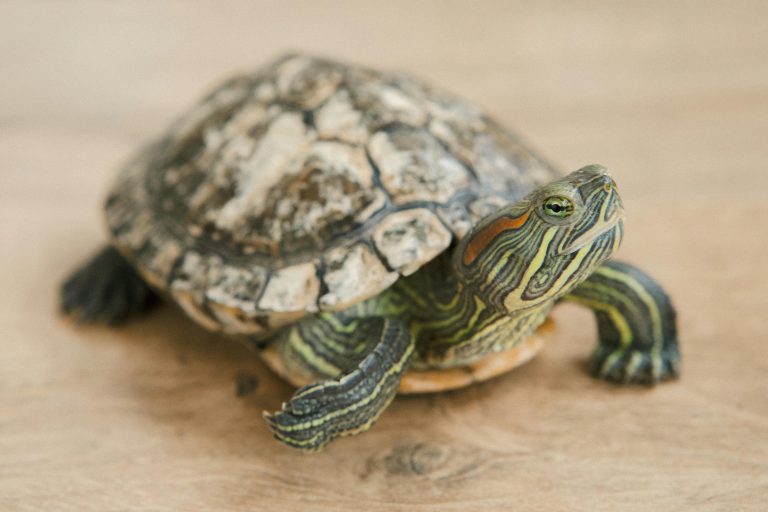
![Do Turtles Bring Good Luck? [Feng Shui Turtles]](https://spreadhapiness.com/wp-content/uploads/2024/03/feng-1-768x512.jpg)
